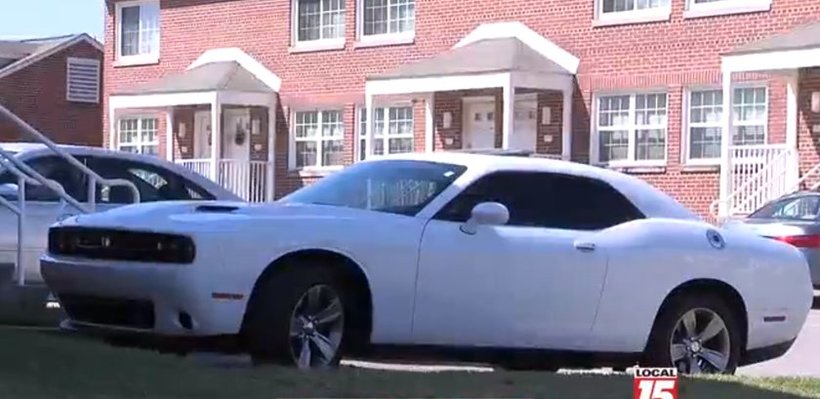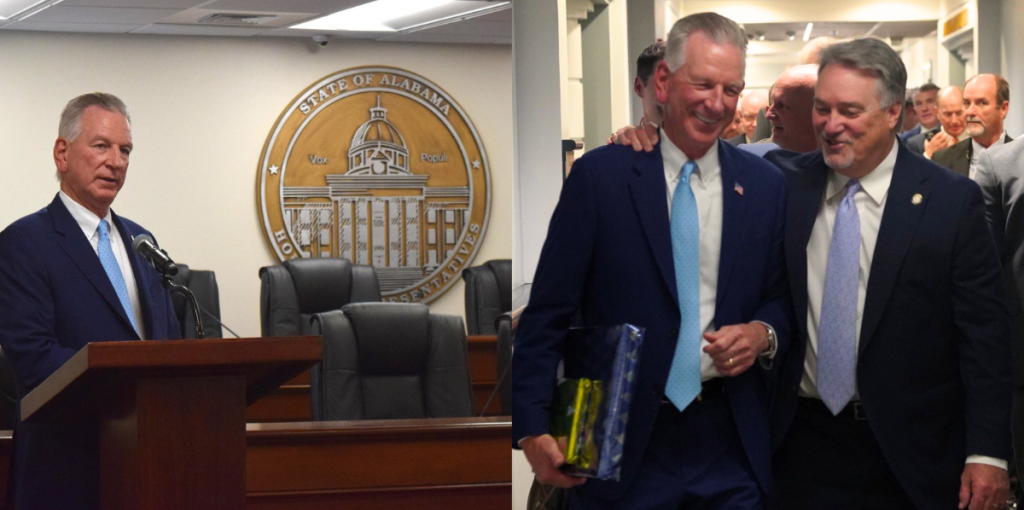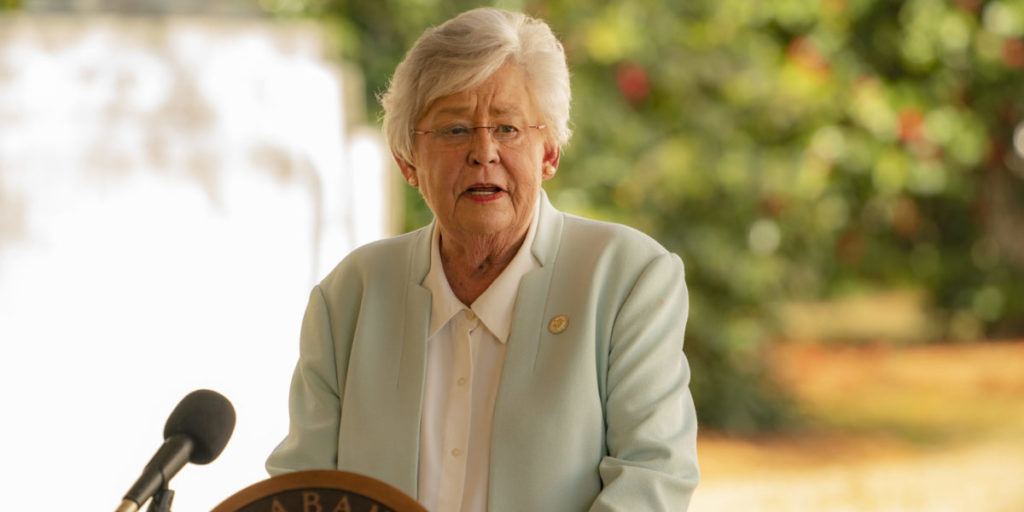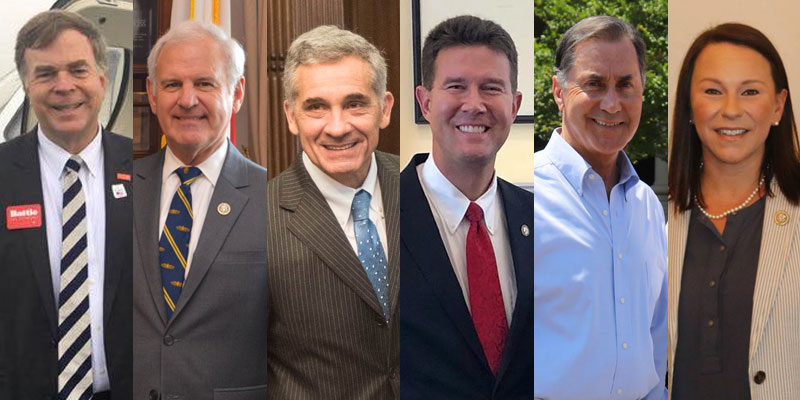
WASHINGTON — A stunning report by U.S. Department of Housing and Urban Development’s Inspector General revealed last month that over 800 Alabama families living in public housing are “over-income,” meaning they should not qualify for the taxpayer-funded subsidy, but are receiving it anyway. On Tuesday, Alabama Congressman Bradley Byrne (R-AL1) sought to rectify the situation by introducing The Public Housing Accountability Act.
Byrne’s bill would require applicants for public housing to verify their income every year. Families will also be required to undergo income verification if their income jumps “10 percent or more in annual adjusted income.” If a person is found to be over-income, they will have 30 days to submit an appeal or vacate the dwelling. If an appeal is filed, it must be reviewed within 30 days. If a person is still found to be over-income, they must vacate the within 30 days.
“There is far too much fraud and abuse within our nation’s welfare programs,” said Byrne. “That’s why I have introduced the Public Housing Accountability Act, which will help prevent over-income families from residing in taxpayer-funded public housing.”
According to the Department of Housing and Urban Development’s report, “Public housing authorities provided public housing assistance to as many as 25,226 families (nationally) whose income exceeded HUD’s 2014 eligibility income limits. Of these 25,226 families, 17,761 had earned more than the qualifying amount for more than one year.”
HUD currently requires residents to prove their income falls under the limit when they move into public housing, but not at any point thereafter. In 2004 the Department allowed local public housing authorities to decide whether they would enforce the income limits after a resident had moved in.
In Alabama, the Inspector General’s report found 812 cases of over-income families and individuals living in taxpayer-funded housing.
While some of the over-income families only exceeded the limit by a few hundred dollars, others made tens of thousands of dollars more than would allow them to continue receiving the subsidy. One case in Crenshaw County revealed a family income of $153,016, more than $119,000 over the limit.
Six Alabama families or individuals were found living in taxpayer-funded housing, in spite of making over $100,000 in yearly income.
As a result of these over-income residents, the IG’s report states, “HUD did not assist as many low-income families in need of housing as it could have.”
The report concluded that HUD will pay $104.4 million over the next year for public housing units occupied by over-income families that otherwise could have been used to house low-income families.
“Public housing is a critical resource for many of our nation’s poorest families, and we are doing them a disservice by allowing such blatant abuse of the system,” concluded Congressman Byrne. “It is time Congress gets serious about reforming our nation’s welfare programs to ensure they are both efficient and effective, and my bill is a step in the right direction.”
RELATED: SHOCK REPORT: Alabamians making six figures are living in government housing












